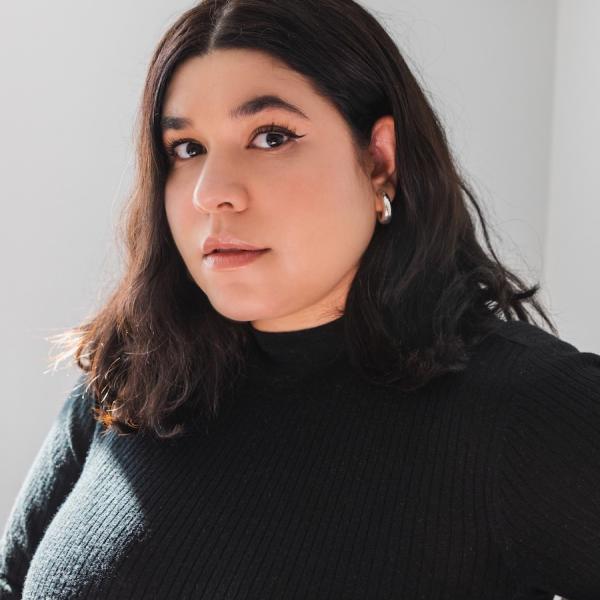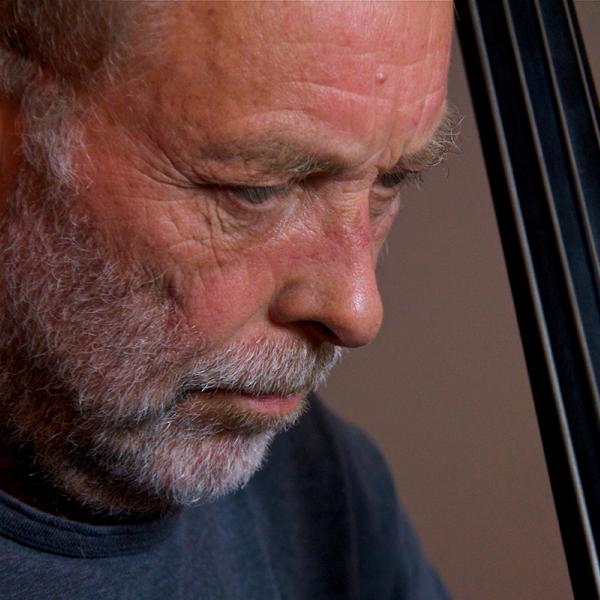Stanley Nelson - Blog
Transcript of Stanley Nelson Podcast Blog
Bernard Lafayette Jr.: Music put us in harmony with each other, gave us support for each other and we relished the opportunity. Even if you didn’t have a great voice, it doesn’t matter, you can hum. So everyone can sing.
Stanley Nelson: I think one of the great stories of the music that we used is there’s a song called “Hallelujah, I’m Traveling,” which was actually written by Bayard Rustin, a great Civil Rights leader. And the only version, and this was actually written for the Freedom Rides, but the only version that we could find was him singing it, and he sings in this kind of really operatic voice. So it’s like
John Lewis: Singing the music became a powerful non-violent instrument. I often said without music, without the singing, we would have lost the sense of solidarity. It gave us hope in a time of hopelessness.
Stanley Nelson: She actually ends the film singing that song, and it is the kind of thing where it’s just magic. It didn’t have to happen, it didn’t have to work, but it did.




